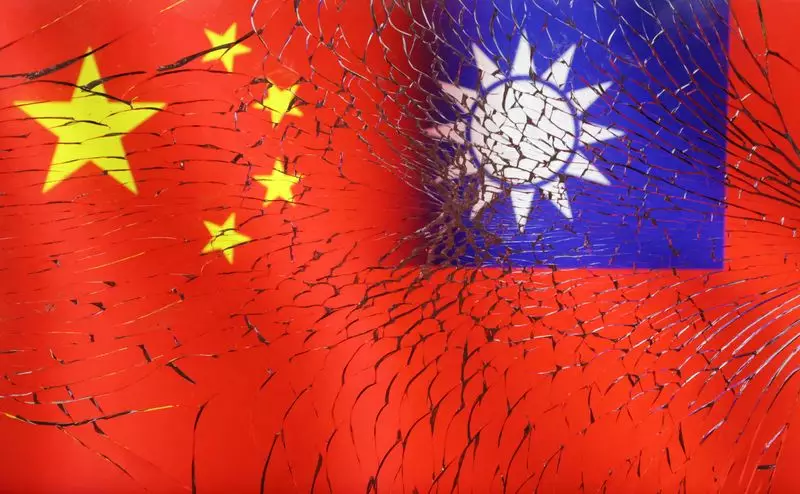The contentious relationship between Taiwan and China has intensified in recent years, particularly highlighted by the United States’ continued support for Taiwan’s defense capabilities. Recently, the U.S. government announced a significant arms sale package valued at around $2 billion to Taiwan, which has further inflamed tensions with Beijing. The sale, which includes advanced air defense systems, symbolizes a crucial commitment by the U.S. to bolster Taiwan’s military prowess despite the lack of formal diplomatic ties. This situation raises questions about the implications for regional stability in the Asia-Pacific and the potential for an escalated military presence from both China and the United States.
In reaction to the U.S. arms deal, China’s foreign ministry issued a vigorous condemnation and pledged to mount “resolute countermeasures” to protect its sovereignty and territorial integrity. This phraseology reflects Beijing’s ongoing stance that regards Taiwan as a renegade province, a view that has been publicly articulated for decades. The government expressed strong opposition to the arms sale, urging Washington to reconsider actions they deem as exacerbating tensions in the Taiwan Strait. The absence of specific details regarding the “countermeasures” indicates a level of ambiguity in China’s military strategy, raising concerns about potential reassessments in their military operations.
The U.S. has maintained a policy of strategic ambiguity regarding Taiwan since the establishment of formal diplomatic relations with the People’s Republic of China in 1979. Though the U.S. acknowledges the One China policy, it has a legal obligation under the Taiwan Relations Act to provide Taiwan with defense solutions. The arms sale marks the 17th of the Biden administration and is indicative of a broader trend of U.S. support for Taipei amidst China’s expanding military assertiveness in the region. This ongoing military support suggests a delicate balancing act for the U.S., as it seeks to deter Chinese aggression while avoiding a full-scale conflict.
China’s military activities around Taiwan have become increasingly frequent and provocative, with exercises that some analysts interpret as preparations for potential conflict. Taiwan, for its part, has openly welcomed the new arms sales, emphasizing its commitment to self-defense amidst rising threats from its neighbor. This evolving geopolitical landscape poses significant implications not only for Taiwan but also for neighboring countries and U.S. allies in the region. The implications of a militarized Taiwan Strait could destabilize regional economic and security environments, necessitating closer defense collaborations among the U.S. and its allies.
As Taiwan expresses resolve against perceived threats, and China ramps up military rhetoric and actions in the region, the potential for conflict escalates. The latest arms sale is not merely a transactional relationship but part of an intricate geopolitical chess game involving regional powers and international interests. What remains to be seen is how the military developments will unfold and the ramifications they will have not only on U.S.-China relations but also on the broader stability in the Asia-Pacific. Several questions linger regarding the fate of Taiwan, the implications for U.S. foreign policy, and China’s willingness to exert its claims over the island, making this a complex and evolving situation with global ramifications.

